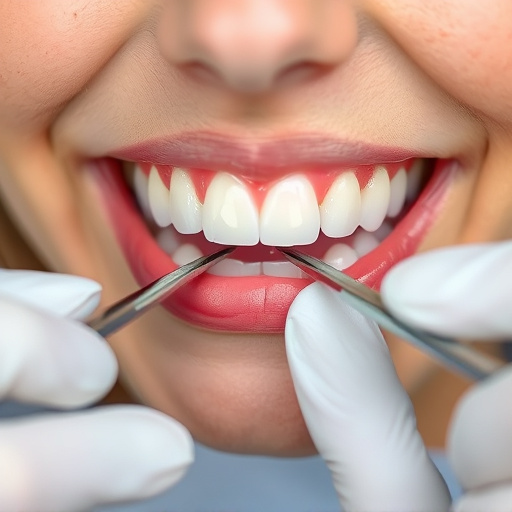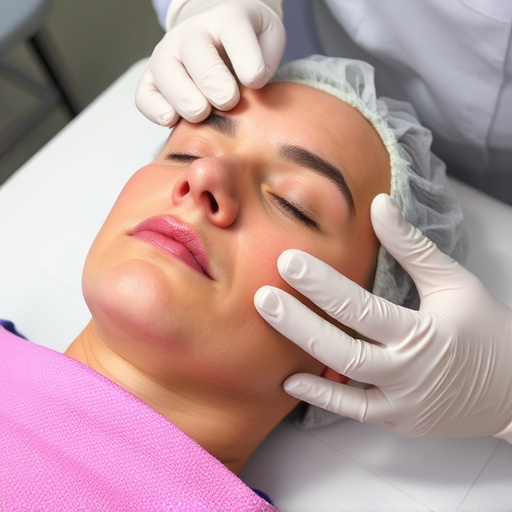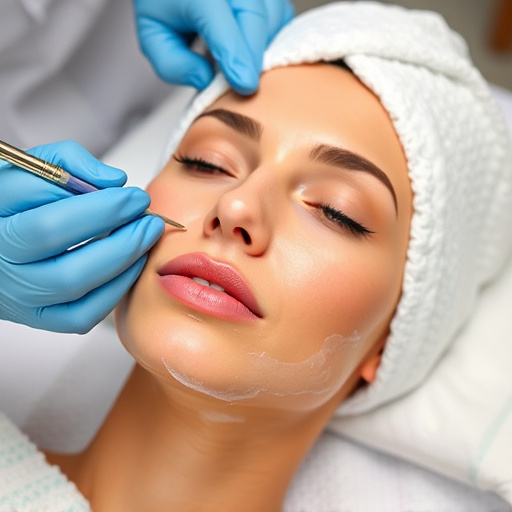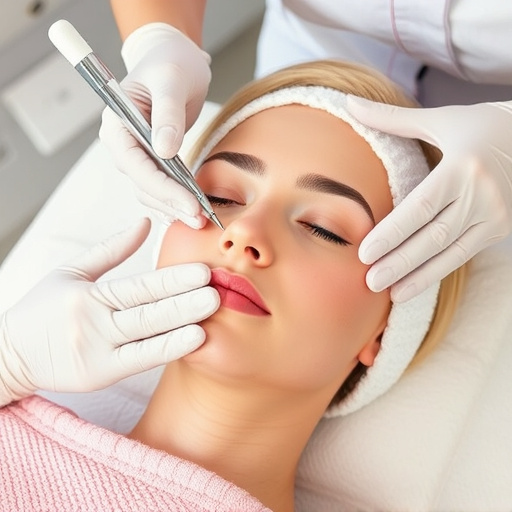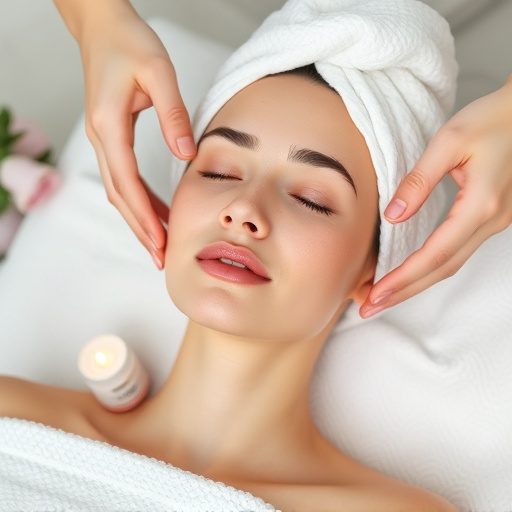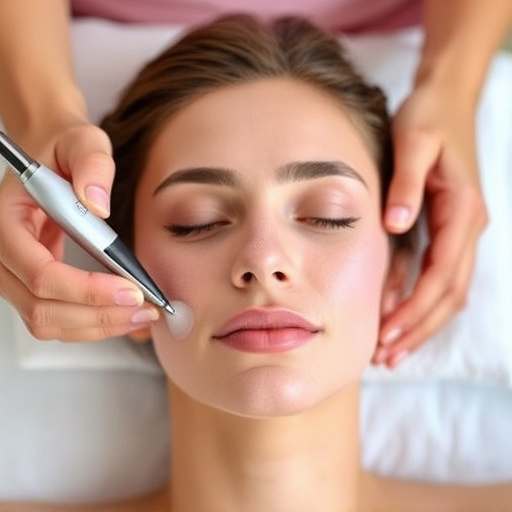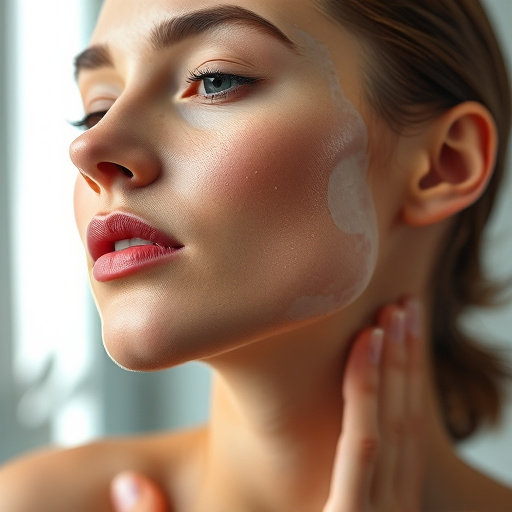While natural skincare gains popularity, severe skin conditions like acne demand dermatologist attention. They offer evidence-based, tailored solutions more reliably than plant-based treatments. "Dermatologist recommended" care ensures healthier skin by addressing underlying issues effectively.
Is natural skincare always superior to dermatologist-recommended solutions? In a world where natural products are gaining popularity, understanding the nuances between natural and expert-suggested care is crucial. This article explores the complexities of choosing between natural remedies and dermatology advice, weighing the benefits and risks of natural skincare. Learn when relying on professional guidance is vital for achieving healthy skin and when natural alternatives can be beneficial. Discover the delicate balance between what’s natural and what’s best for your skin.
- Exploring the Complexities of Natural vs. Dermatologist Recommendations
- Uncovering Benefits and Risks of Using Natural Skincare Products
- When to Trust Expert Advice Over Natural Remedies for Skin Care
Exploring the Complexities of Natural vs. Dermatologist Recommendations
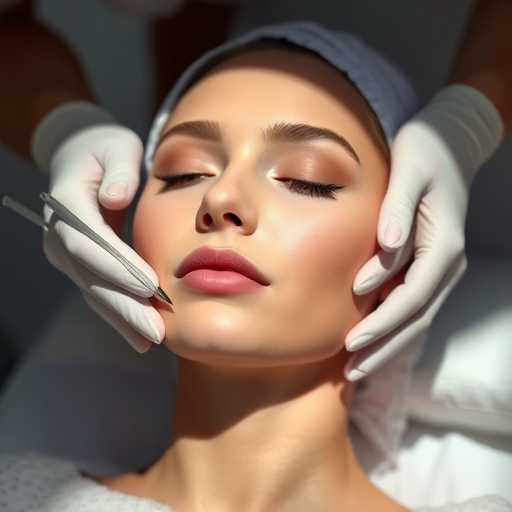
The debate between natural skincare routines and dermatologist-recommended care is a complex one. While many advocate for the power of natural ingredients and their purported benefits for the skin, it’s essential to recognize that not all natural products are created equal. Similarly, dermatologist-prescribed treatments offer specialized solutions tailored to individual skin concerns, backed by scientific research and clinical trials.
The allure of natural options like hydrating facials with organic ingredients or body contouring treatments using plant-based extracts is undeniable. However, for persistent skin issues such as acne, it’s crucial to turn to dermatologist recommendations. They have the expertise to diagnose skin conditions accurately and provide evidence-based solutions, including targeted acne treatments that address specific causes, in contrast to general natural remedies. This nuanced approach ensures that both the immediate and long-term health of the skin is considered.
Uncovering Benefits and Risks of Using Natural Skincare Products
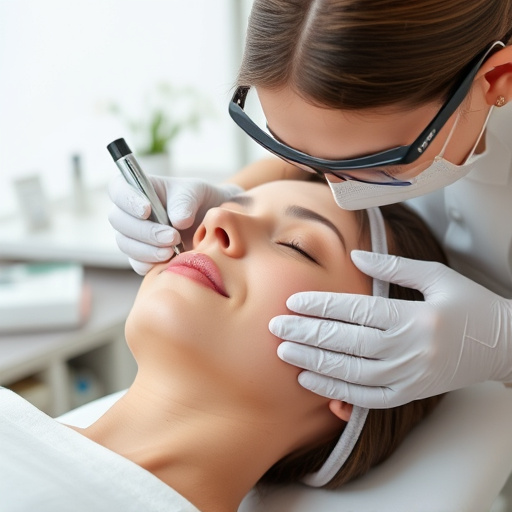
The allure of natural skincare products has been growing, with many people seeking alternatives to dermatologist-recommended care. While natural ingredients offer a range of benefits, such as reduced potential for irritation and allergies, and their ability to nourish the skin with essential nutrients, they may not always be as effective as prescription or dermatologist-approved options. It’s important to understand that the effectiveness of any skincare product depends on various factors, including individual skin types, specific concerns like acne or signs of aging, and the quality of ingredients used.
Natural skincare products often focus on plant-based extracts and essential oils, promoting their anti-aging properties, ability to soothe inflammation, and clarify the skin. However, when it comes to treating persistent conditions like acne, some natural remedies may not provide the same level of relief as dermatologist-prescribed topical treatments or non-surgical procedures. Acne treatments recommended by dermatologists often include prescription medications that target specific bacteria or reduce inflammation, ensuring faster and more reliable results. Similarly, while natural products may offer gentle alternatives for everyday use, they might not deliver the same intensity of results as advanced anti-aging treatments when tackling deep wrinkles or significant skin damage.
When to Trust Expert Advice Over Natural Remedies for Skin Care
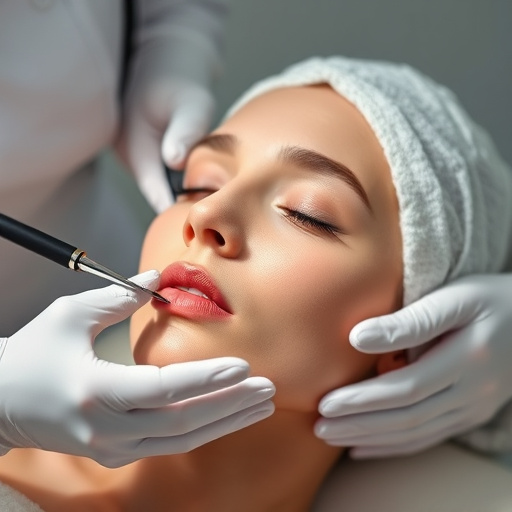
When it comes to skin care, there’s a growing trend towards natural remedies and products, often promoted as being more gentle and beneficial for the skin. While natural ingredients can indeed offer numerous advantages and suit many individuals’ needs, there are instances where dermatologist-recommended care is indispensable. Expert advice from dermatologists should be sought when dealing with specific skin conditions or concerns that require medical attention. Acne, eczema, rosacea, and severe allergies are just a few examples where professional treatment plans, including prescription medications, topical creams, or specialized procedures like chemical peels or laser hair removal, can be essential for effective management and long-lasting results.
Dermatologists have extensive knowledge of the skin’s complex interplay of biology and chemistry, enabling them to tailor non-surgical treatments to individual needs. They stay updated on the latest research and advancements in dermatology, ensuring their recommendations are evidence-based and safe. Therefore, when dealing with persistent or severe skin issues, it’s crucial to prioritize expert care rather than solely relying on natural remedies. Trusting dermatologist-recommended skincare routines can lead to healthier, more radiant skin while addressing underlying problems effectively, sometimes even preventing further complications.
While natural skincare products offer many benefits, it’s crucial to remember that not all natural remedies are suitable for every skin type or condition. In many cases, consulting a dermatologist is essential to address specific skin concerns effectively. Trusting expert advice ensures tailored solutions and prevents potential risks associated with unsuitable natural ingredients. Balancing natural practices with professional guidance can lead to the best of both worlds: healthy, glowing skin. Remember, when it comes to skincare, a dermatologist-recommended approach may be the most reliable path to achieving and maintaining optimal skin health.
